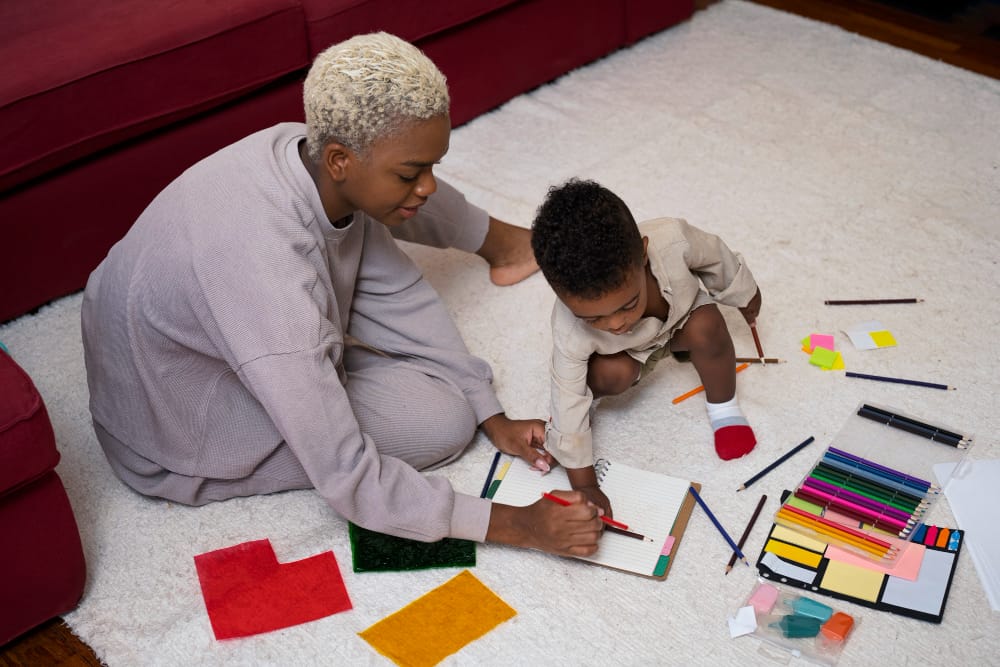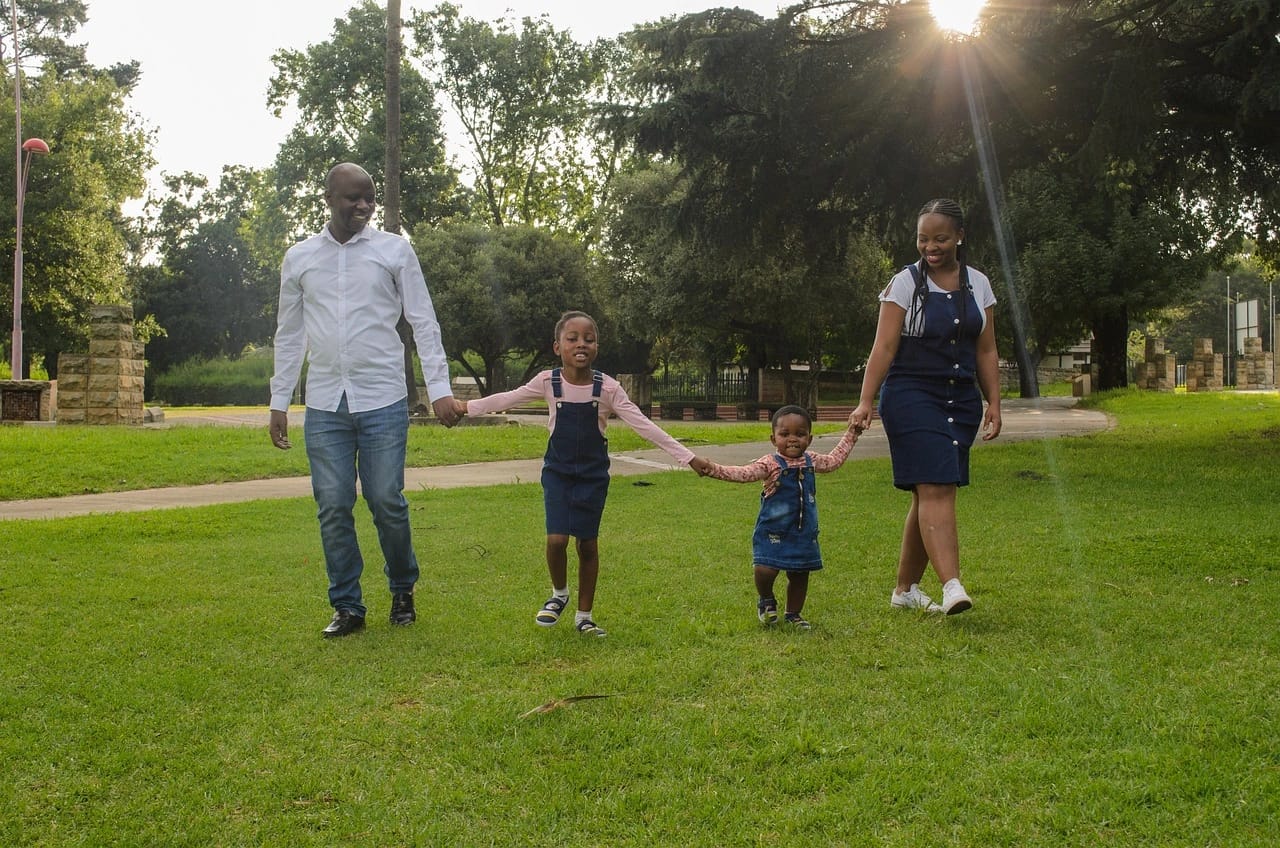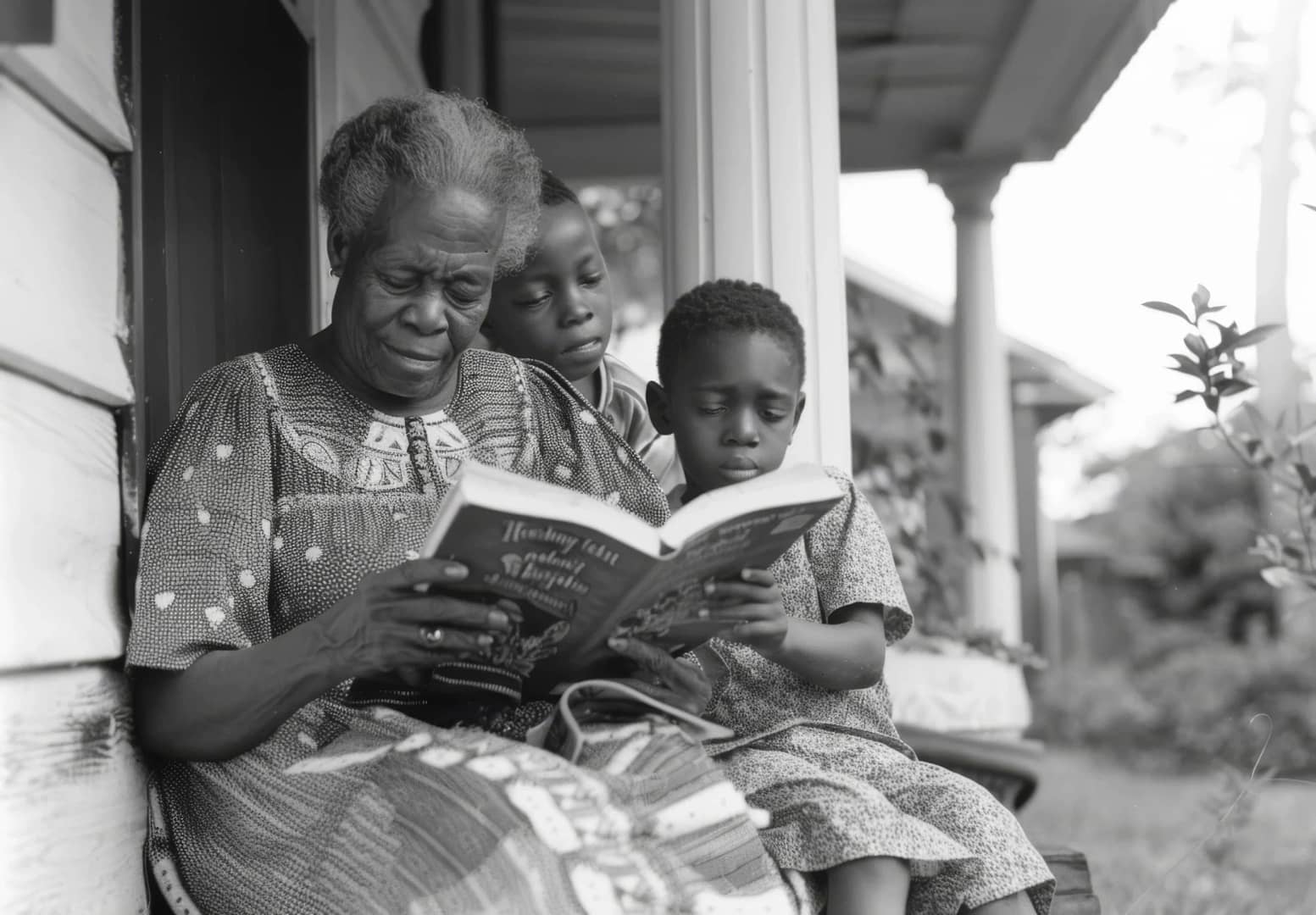April is Autism Awareness Month—How Can You Support Children and Caregivers?
April is the fourth month of the year, and in case you’ve forgotten, it is also Autism Awareness Month.
It’s a great time to not only talk about autism but take the conversation to the next level: acceptance.
First: Families raising children with Autism live like any other families, They do enjoy meanful lives and Autism is not a death sentense.
These families are not out here seeking pity. yes some children may need more help than others, but what they need most is for all of us to understand, be welcoming.
According to the CDC, autism spectrum disorder (ASD) is a developmental disability linked to differences in brain development. People with ASD may communicate, behave, and learn in ways that differ from others. Some may need significant support daily, while others live independently with little to no assistance. Abilities and challenges vary widely.
At Bold Daughters, as I posted on 4/2/25, we stand with and support autistic children and their families. Whether your child is does things for themselves, needs support, or depends on you for everything, we see you.
This may be a topic many of us would rather not jump in, but it’s one we must talk about.
According to the CDC’s Autism and Developmental Disabilities Monitoring Network (ADDM), autism prevalence has now risen to 1 in 31 children in the U.S.
So why am I saying all this?
Because we need to normalize this conversation during and even after the Autism Awareness Month.
You may not personally have an autistic child or adult in your family, but if you look closely enough, chances are you know someone who does. A friend, a neighbor, a relative, or a co-worker.
You are closer to autism than you think.
No child on the spectrum is like another.
That’s why I am encouraging all of us to intentionally take time to understand—without judgment—and support these children and their families. Let’s create a more welcoming, understanding community.
Here’s how you can get started:
1. Educate Yourself
Our first step to acceptance is learning. What does autism look like? Read. Watch. Ask. Learn. You can even take this 30-minute Autism Friendly Training by Autism Speaks to learn how to make your community more welcoming for people with autism.
2. Embrace Them
If we can make it a point to embrace all our differences, It would be boring if all of us are the same. Lets celebrate difference.
3. Support Families
Please, always choose kindness. If you see a mom struggling with a child having a tantrum or acting “out of the ordinary,” pause before you jump to conclusions.
Don’t assume the child is spoiled, loud, or undisciplined. You never know what that family is dealing through.
Instead, ask yourself, how can I support you? Let this be a question you ask not only during Autism Awareness Month, but every chance you get.
Here are a few ideas from Autism Speaks:
- At community events, ensure that activities are accessible to all children by providing sensory-friendly spaces or allowing for flexible participation.
- In schools, advocate for inclusive classrooms where students with and without disabilities learn together to encourage acceptance.
- In places of worship, encourage the development of programs that accommodate children with diverse needs, so they and their families feel welcomed and supported.
4. Ask Questions
Don’t be afraid to ask. Curiosity is a good thing when it comes from a kind place.
Even the disciples asked Jesus questions, like when they saw a blind man and wondered why he was blind.
It’s okay to ask respectfully. An honest answer from a family member is better than a wrong assumption.
5. Teach Our Kids
Let’s teach our children about autism acceptance and disability acceptance in general.
Imagien if this happened in our communities years ago, we would be further than we are now interms of understanding and inclusion. Lets teach out kids to be respectful and kind whether they have a sibling on the spectrum or not. What better time than Autism Awareness Month to start these lessons?
And now, please allow me to shine a Bold light on the caregivers.
To every parent, sibling, teacher, therapist, friend, and well-wishers, we see you. And we are boldly rooting for you.
As you jump from one appointment to another, therapy sessions, IEP meetings, and any other possible thing with your name, may the strong hand of God always carry you.
We know caregiving is not one-size-fits-all.
We know the joy of slow walking and talking milestones, the long-awaited one word said, the two-second your child make eye contant while asking for a cookie, and breakthroughs with toilet training.
We see the chaos, the beauty, and more so the blessing. And we thank you for showing up again and again—especially during Autism Awareness Month, when your efforts deserve the loudest recognition.
With much love,
Coach Maggie







